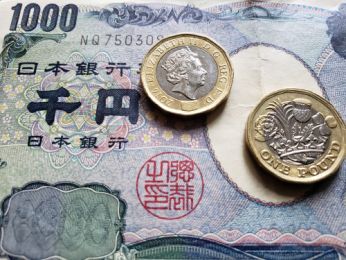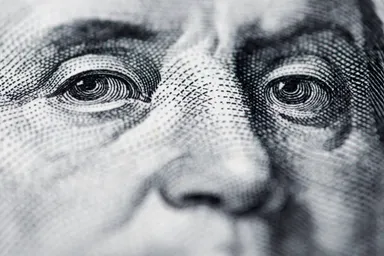GBP/JPY
Trade British Pound / Japanese Yen (GBP/JPY) forex pair CFDs
British Pound / Japanese Yen (ticker: GBP/JPY) is a currency pair that shows how much one currency is worth relative to another. On Capital.com, you can trade it as a contract for difference (CFD), letting you speculate on exchange-rate movements without owning either currency. This means you can trade in either direction – rising or falling – depending on your outlook.*
Traders often track the British Pound / Japanese Yen rate today to stay informed about short-term market movements.
*CFDs are traded on margin, and leverage amplifies both profits and losses.
British Pound / Japanese Yen price today
The pair is quoted in ¥ and is currently trading around 211.472.
Live price overview
Here’s an overview of the current British Pound / Japanese Yen price and its recent trading ranges.
- Daily range: 211.158 – 211.953
- Daily movement: -0.781 (-0.3684%)
- Weekly range: 208.075 – 212.107
- Monthly range: 207.221 – 214.992
- Yearly range: 184.364 – 214.992
Why trade forex CFDs on the price of British Pound / Japanese Yen with Capital.com?
Capital.com provides tools designed to support clear analysis and informed trading in the FX market.
Advanced charting and analysis
Use interactive tools to study the British Pound / Japanese Yen price chart in detail.
- Access 100 technical indicators
- Choose from 12 chart types
- Analyse fast, intuitive charts powered by industry-leading tools
Wide market offering
Join over 817,000 global traders and explore:
- 4,000 stock CFDs
- 60 commodity CFDs
- 30 index CFDs
- 120 forex pairs
User-rated platforms
- TradingView rating: 4.8
- App Store rating: 4.7
- Google Play rating: 4.6
- Trustpilot score: 4.6
What influences the price of British Pound / Japanese Yen?
The British Pound / Japanese Yen (GBP/JPY) forex pair price can be influenced by a range of market factors, including:
- Interest rate expectations and central bank decisions
- Inflation and economic data releases
- Political or geopolitical developments
- Market sentiment and risk appetite
- Trade flows and economic performance of the related economies
British Pound / Japanese Yen forecasts
British Pound / Japanese Yen forecasts commonly reference recent news, company updates, and broader market trends rather than fixed price targets. Some traders combine technical analysis with fundamental insights to form their expectations.*
Instead of relying on a single forecast, many traders monitor ongoing analysis and real-time data to adapt to changing market conditions.
*Analyst forecasts are often inaccurate. Past performance isn’t a reliable indicator of future results.
How to trade British Pound / Japanese Yen forex CFDs
Trading forex CFDs involves speculating on movements between two currencies:
- Go long (buy) if you think the base currency may appreciate
- Go short (sell) if you think it may weaken
Leverage allows greater exposure with a smaller deposit, but magnifies losses.
Risks of trading forex CFDs
Key risks include:
- Market volatility
- Leveraged losses
- Overnight funding costs
- No ownership of the underlying currencies
Latest currencies articles



